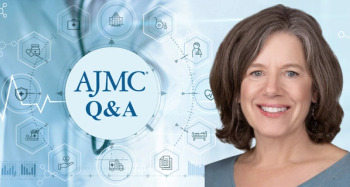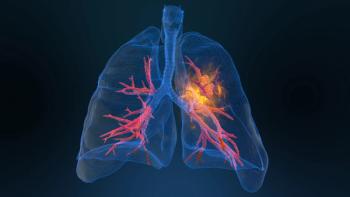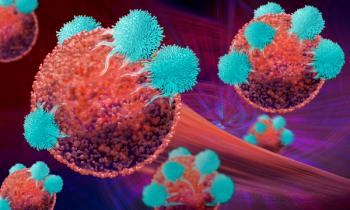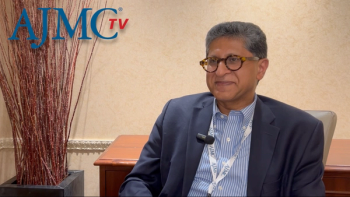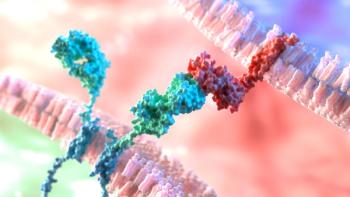
CAR T Therapy Has Comparable Efficacy in Patients With Lymphoma Who Undergo Solid Organ Transplants
More data are needed to confirm the findings and assess individual risk levels, the authors said.
Chimeric antigen receptor (CAR) T-cell therapy has
These findings are important because the effects of CAR T cells in patients receiving solid organ transplants are not well understood, noted the study authors in
“There is a theoretical risk of compromising transplanted organ function with CAR T-cell therapy,” the authors said. “Conversely, organ transplantation–related immunosuppression can alter the function of CAR T cells.”
And yet, they said there is also a significant unmet need that CAR T cells could help fill.
“Given the prevalence of posttransplantation lymphoproliferative disease, which often can be difficult to treat with conventional chemoimmunotherapy, understanding the risks and benefits of delivering lymphoma-directed CAR T-cell therapy in solid organ transplant recipients is of utmost importance,” they said.
The investigators conducted a systematic review and meta-analysis of existing research into adult solid organ transplant recipients who received CAR T-cell therapy for non-Hodgkin lymphoma. Ten studies met their criteria for descriptive analysis and 4 studies met the criteria for meta-analysis. Thirty-five cases were included in the meta-analysis studies.
Overall, the pooled safety and efficacy data were in line with previous reports in other patient populations, the authors said. Sixty-nine percent of patients responded to CAR T-cell therapy, and 52% of patients achieved a complete response, the authors found.
Although noting that it is difficult to directly compare results between a small cohort of patients and larger prospective clinical trials, the authors noted that the results were not dissimilar from the 83% response rate reported in the
In terms of safety, 83% of patients in the meta-analysis experienced cytokine release syndrome, although only 3 of 29 cases were grade 3 or above. Sixty percent of patients had immune effector cell–associated neurotoxicity syndrome, and 12 of the 21 patients who developed it had grade 3 or above cases. Only 4 of the 35 patients had any kind of grade 5 toxicity. Five patients experienced a loss of the transplanted organ.
The meta-analysis also yielded insights about how long to hold immunosuppression for transplant patients undergoing CAR T-cell therapy.
“In the study, we found that the majority of patients (22/35) held immunosuppression and, of those, most (15/22) restarted immunosuppression following CAR T-cell therapy administration,” the authors said.
They added, however, that it may be that the optimal immunosuppression practices in these settings could vary depending on which type of immunosuppression is being used.
The authors said future research is needed to look at whether CAR T-cell therapy leads to any long-term effects on organ function, as well as other outcomes, in transplant recipients. As more data on safety and efficacy become available, they said it will be important to risk-stratify patients who undergo solid organ transplants and who are candidates for CAR T cells.
“[I]t is necessary to better understand the risks of treatment and to safely deliver therapy to those who may derive meaningful benefit,” they said.
Reference
Yamshon S, Gribbin C, Chen Z, et al. Efficacy and toxicity of CD19 CAR-T cell therapy for lymphoma in solid organ transplant recipients: a systematic review and meta-analysis. Transplant Cell Ther. Published online June 4, 2023. doi:10.1016/j.jtct.2023.05.018
Newsletter
Stay ahead of policy, cost, and value—subscribe to AJMC for expert insights at the intersection of clinical care and health economics.
